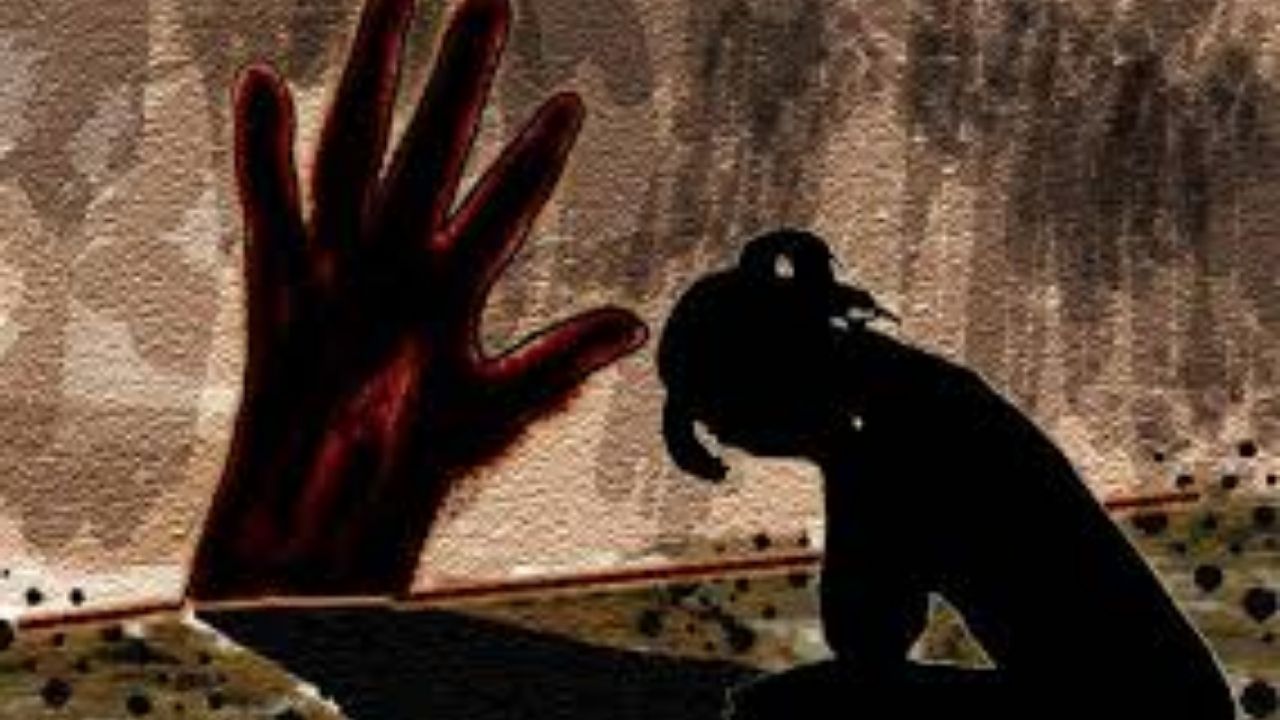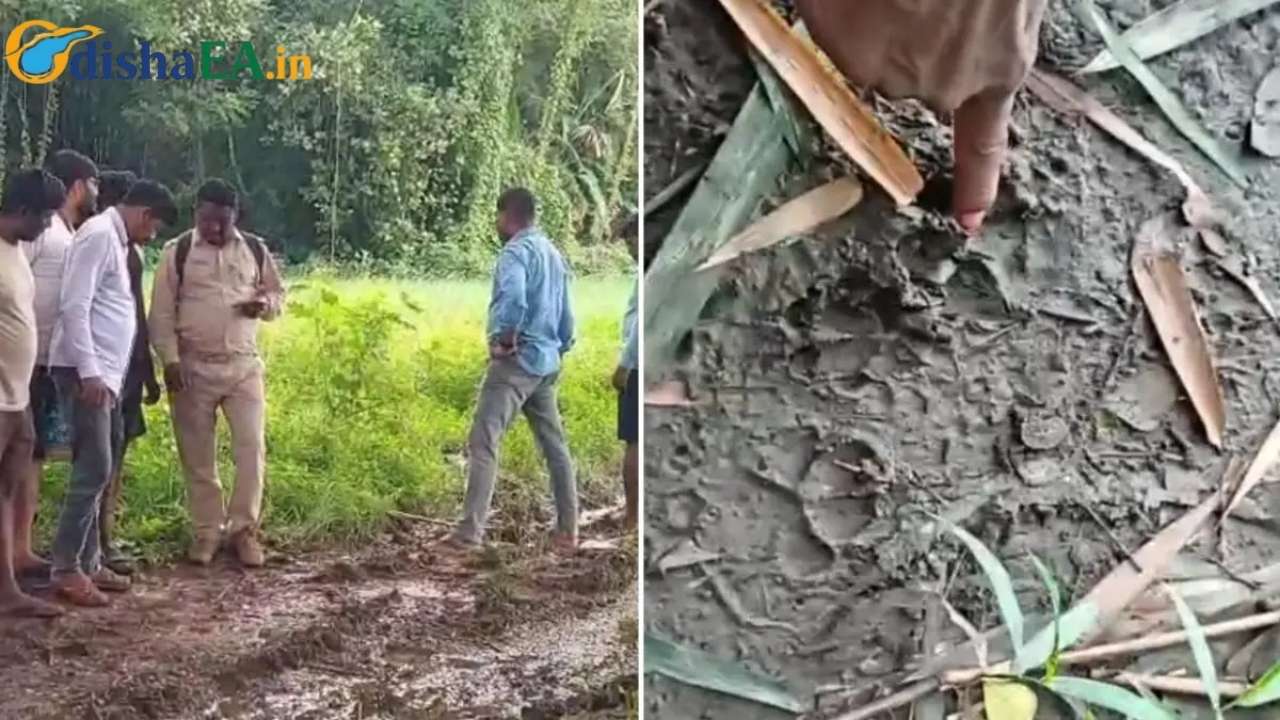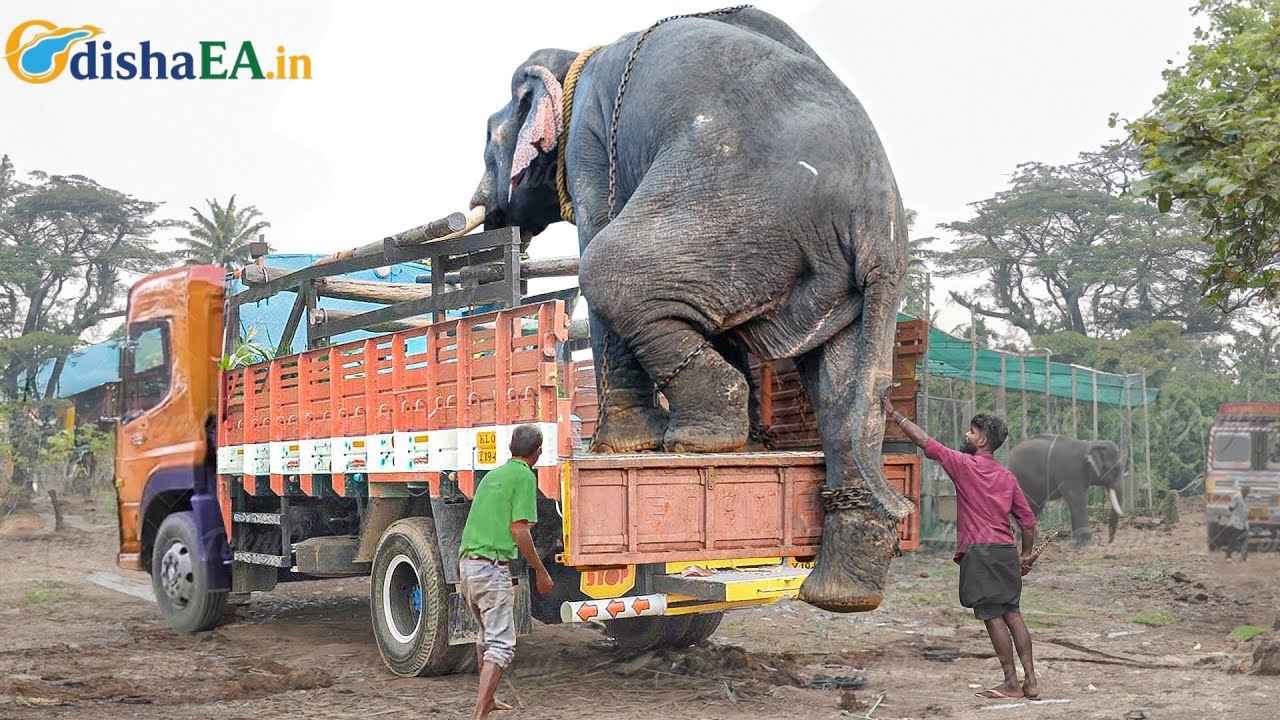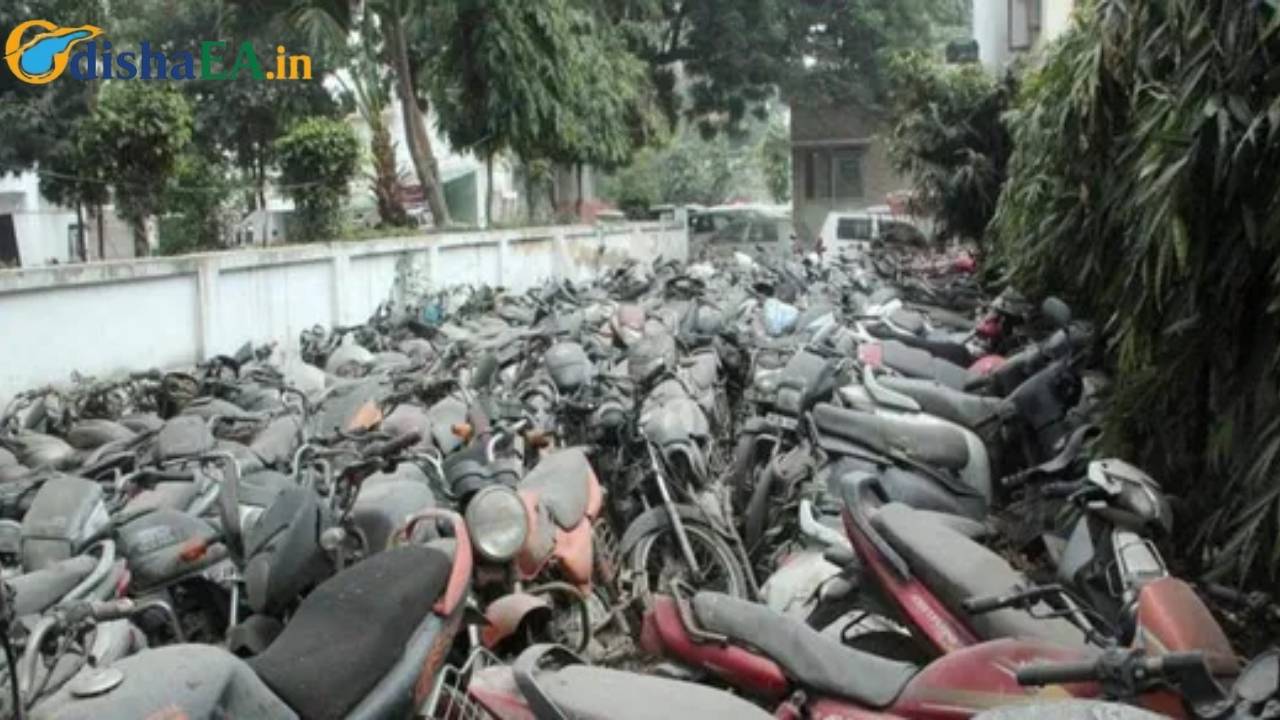The shocking incident at Dagara Beach in Odisha, India, has triggered widespread outrage and concern. A woman tourist was allegedly molested by a group of men while her husband helplessly watched. The event, which occurred in front of a crowd, was captured on video and shared across social media platforms, sparking a wave of anger and condemnation. The lack of immediate action by local authorities has only heightened tensions, and calls for stronger safety measures for tourists have reached a fever pitch.

This article dives into the details of the incident, its impact on the local community, and the urgent need for better tourist safety protocols. We will explore the reactions of local leaders, the police investigation, and provide practical advice on how tourists can stay safe while visiting popular destinations like Dagara Beach.
Dagara Beach Incident Sparks Outrage
| Key Point | Details |
|---|---|
| Incident | Woman allegedly molested by a group of men at Dagara Beach, Odisha. |
| Date of Incident | Incident occurred recently (date not specified in reports). |
| Public Response | Public outrage after the incident was captured on video and shared on social media. |
| Police Action | Complaint filed, but no action taken by police for several days. |
| Local Leaders’ Action | Delegation from Dagara Beach Development Committee demands better safety measures and police presence. |
| Investigation Status | Police confirm that an investigation is ongoing, but no arrests have been made. |
| Safety Measures | Calls for more police presence and stricter penalties for offenders. |
| Tourist Safety | Increased focus on ensuring safety at tourist destinations like Dagara Beach. |
| Official Reference | For further updates, refer to the official police report and local news outlets. Source |
The Dagara Beach incident has highlighted the vulnerabilities tourists face when visiting popular destinations. While the investigation continues, the event has underscored the importance of ensuring safety measures are in place to protect visitors from crimes such as assault and harassment. Tourists should be proactive about their safety, stay informed about potential risks, and take the necessary precautions to reduce their chances of encountering danger.
In response, local authorities must act swiftly to implement stronger safety protocols and enforce harsher penalties for offenders. By working together, both tourists and local communities can help prevent such incidents and make tourism a safer experience for all.
The Dagara Beach Incident: What Happened?
Dagara Beach, a peaceful getaway spot in Odisha, was recently the site of a shocking and disturbing incident. A woman, who was visiting the beach with her husband, was allegedly molested by a group of men in broad daylight. As the woman was assaulted, her husband tried to intervene but was also physically assaulted in the process. The entire incident was captured on camera by onlookers, and the video quickly went viral, fueling outrage and disbelief.
The footage, which shows the chaotic scene unfolding in real time, clearly illustrates the brutal nature of the attack. The woman appears visibly distressed, while her husband struggles to protect her from the group of men. The fact that this incident happened in a public place, in front of several witnesses, has raised questions about the safety of tourists at this popular destination.
A Delayed Response from Authorities
Despite the severity of the situation, no immediate action was taken by local authorities. The victim filed a complaint with the Baliapal police station, but there was no visible response for several days. This lack of action has sparked outrage in the community, with many locals questioning the commitment of law enforcement to ensure the safety of residents and visitors alike.
In response to this, a delegation from the Dagara Beach Development Committee, led by secretary Nityananda Jena, met with the police station in an effort to press for better protection for tourists. The group also presented a memorandum calling for increased police presence on the beach, improved surveillance, and harsher penalties for offenders.
While the police have confirmed that an investigation is underway, there is still no word on arrests, and many are questioning whether the justice system will adequately address the issue. The incident has highlighted a significant gap in the safety protocols for tourists, and there is now mounting pressure on local authorities to take swift and decisive action.
The Growing Demand for Improved Tourist Safety
The Dagara Beach incident is just one example of the safety challenges tourists face when visiting popular destinations. While tourism is a major economic driver in many regions, it also comes with its own set of risks. Tourists, especially those visiting unfamiliar places, can be vulnerable to crimes like assault, theft, and harassment.
It’s clear that there is an urgent need for better safety measures at tourist hotspots. Local authorities must ensure that beaches, parks, and other popular areas are adequately patrolled and equipped with surveillance systems to deter criminal activity. Additionally, stronger penalties for offenders would send a clear message that such behavior will not be tolerated.
Local leaders, such as Sarpanch Satyananda Mohanty, have also voiced their concerns, advocating for increased police presence and a comprehensive review of tourist safety regulations. If authorities fail to act, incidents like the one at Dagara Beach could have long-term consequences for the region’s tourism industry.
Practical Tips for Tourists Visiting Popular Destinations
While the Dagara Beach incident is a stark reminder of the risks that can come with traveling, it also serves as an opportunity to discuss how tourists can better protect themselves. Here are some practical tips to ensure your safety while traveling to popular tourist destinations:
1. Stay Aware of Your Surroundings
One of the easiest ways to stay safe while traveling is to always be aware of what’s happening around you. Pay attention to the people near you, and if something feels off, trust your instincts. Avoid secluded areas, especially at night, and try to stay in well-lit, populated places.
2. Travel in Groups
Whenever possible, travel with a group or at least one other person. There’s safety in numbers, and if something goes wrong, there will be others to help or witness the event. Traveling with a buddy also helps reduce the likelihood of being targeted by criminals.
3. Secure Your Belongings
Always keep your valuables, such as wallets, phones, and passports, in a secure location. Use anti-theft bags or money belts that are harder to access by pickpockets or thieves. Keep a copy of your important documents in case they get lost or stolen.
4. Choose Your Accommodations Carefully
When selecting accommodations, make sure they are in safe areas with good reviews. Read up on local safety information, including crime rates, before booking a place to stay. Many hotels and guesthouses also offer safe deposit boxes for your valuables, which is a good idea to use.
5. Know the Local Emergency Numbers
Before heading out to a new destination, familiarize yourself with local emergency numbers, such as police, medical assistance, and fire services. This way, if an emergency arises, you can act quickly and appropriately.
6. Report Suspicious Behavior
If you see anything suspicious or dangerous, report it to the local authorities. In many cases, bystanders who speak up can help prevent further harm to victims. If you feel unsafe, seek help from nearby businesses or tourist information centers.
Frequently Asked Questions
Q1: What should I do if I am attacked while traveling?
A1: If you are attacked, try to stay calm. Use your phone to call emergency services immediately. If possible, find a safe place to go, such as a nearby business or public area. Report the incident to the local authorities and provide as much detail as possible about the attacker.
Q2: How can I protect myself from sexual assault while traveling?
A2: To protect yourself from sexual assault, avoid walking alone in poorly lit areas, stay aware of your surroundings, and trust your instincts. If you feel uncomfortable, don’t hesitate to leave the area. Carry a whistle or personal alarm, and let someone know your travel plans.
Q3: Why is the Dagara Beach incident receiving so much attention?
A3: The Dagara Beach incident has drawn significant attention because it involves a violent assault in a popular tourist destination. The fact that the attack was recorded and shared widely on social media has also contributed to its visibility, and the delayed response from authorities has sparked outrage among locals and tourists alike.





